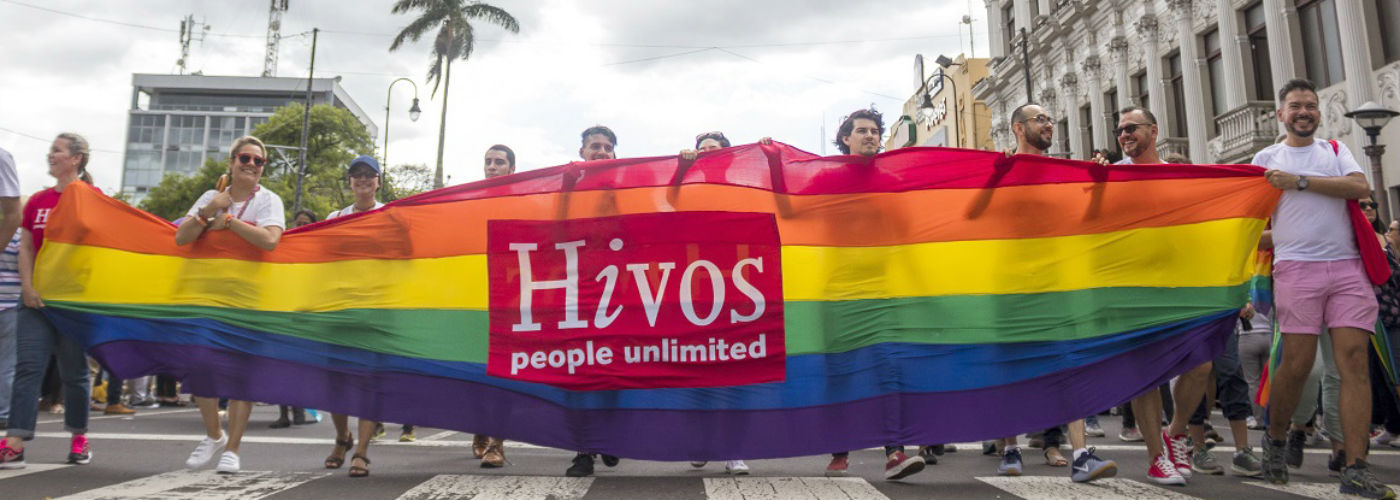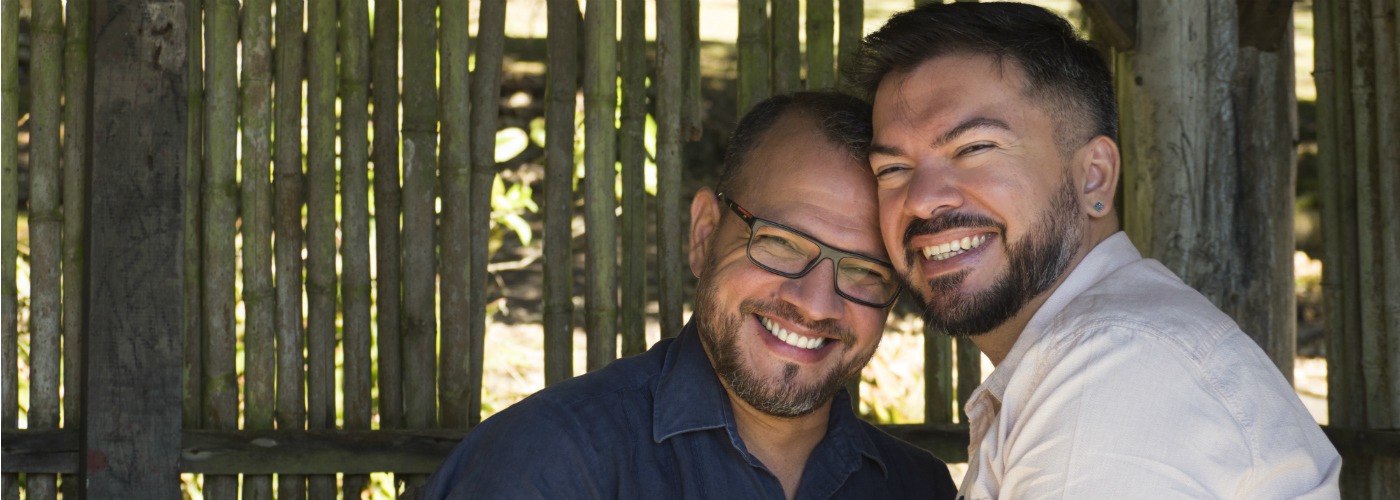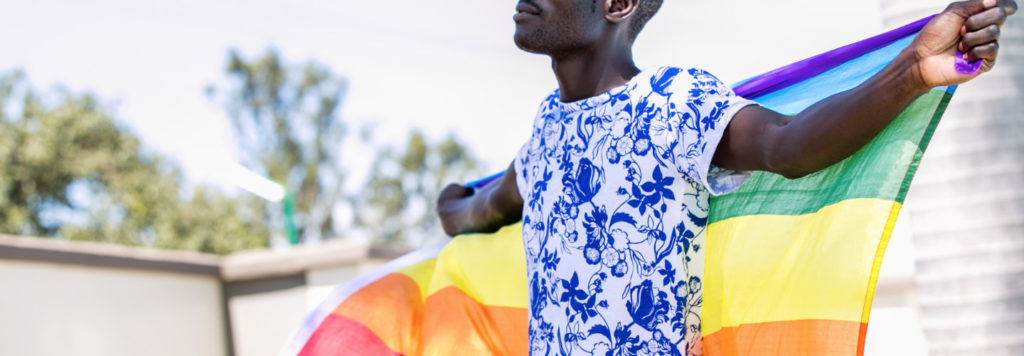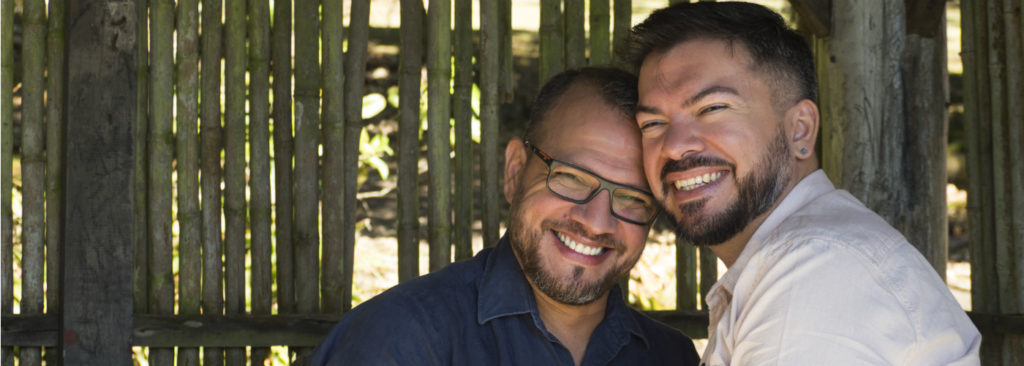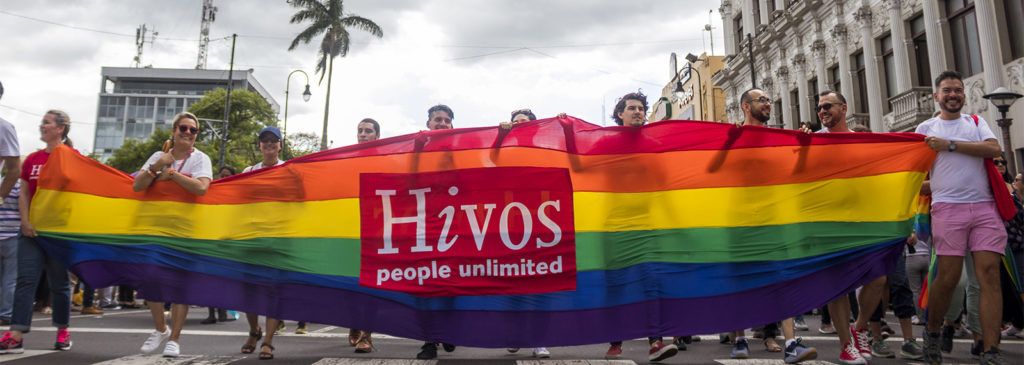On May 26, 2020, Costa Rica turns the page to array itself in rainbow colors. This small territory of just fifty-one thousand square kilometers and five million inhabitants, located between North and South America, becomes the 29th country in the world to allow marriage between people without distinction of gender or sexual orientation. Equal marriage in Costa Rica is finally a reality!
An uphill journey
This milestone is the result of a long process that brought together different social organizations, activists, political figures, and hundreds of Costa Ricans to fight for one goal. Their path was marked by legal battles, political discussions, and public demonstrations across the country.
It has been 17 years since the first gay couple applied to register their marriage, which was rejected by the Costa Rican State. Subsequently, several similar attempts were made, but with few results.
An organized civil society
The truth is that Costa Rican civil society never stood idly by. A group of LGBTI organizations working for human rights joined forces, resulting in the Frente por los Derechos Igualitarios (Front for Equal Rights). Hivos promoted this group from its first steps and has worked closely with it for four years in the project HIV-Costa Rica.
Janekeith Durán, Jota Vargas, Margarita Salas and Michelle Jones, LGBTI activists and members of the Front since its inception, agree that the Front changed the course of the debate on equal marriage in Costa Rica. The Front promoted a risky, but necessary, discussion of LGBTI rights at a time when the legislative branch was controlled by conservative, anti-rights and publicly LGBTI-phobic forces.
We began noticing a shift in public opinion in favor of diverse families.
In 2013, the idea of presenting a bill on Equal Marriage before the congress through a popular initiative mechanism arose. Hivos supported the process for almost two years; however, the Front had to give up when it couldn’t obtain the 175,000 necessary signatures. Although the process did not end as desired, the result was positive:
“When we started, public support for equal marriage was nil […] but as we started getting the signatures, we began noticing a shift in public opinion in favor of diverse families.” Michelle Jones, LGBTI activist
Before and after Advisory Opinion OC-24/17
As the years passed, more and more actors joined the fight. In 2014 it was the turn of Ana Helena Chacón, vice president of Costa Rica (2014-2018) and an ally of Hivos in the fight for the rights of trans women. For many years, then and now, the former Vice President has defended and advocated for the rights of the LGBTI community.
In 2016, Ana Helena filed a request (OC-24/17) for an advisory opinion of the Inter-American Court of Human Rights. This consulted the Court on two issues: the obligation of member states to guarantee the right to procedures regarding gender changes, such as a person’s name, in accordance with an individual’s gender identity, and the obligation to recognize the rights derived from a union between same-sex persons.
Ten months later, the Costa Rican judiciary adopted OC-24/17 and granted an 18-month period for congress to reform the law to legalize equal marriages in the country. We are just a few hours away* from that deadline; the rest is history.
Sergio’s story
Sergio Montealegre has headed a Hivos project that came about thanks to contributions from Dutch donors. His team analyzed the status of same-sex marriage in Latin American countries to see if the Court’s ruling is actually being complied with. An issue that touches him personally. For years Sergio tried to have his marriage with Manuel officiated in Costa Rica.
I feel like I’m not fully being recognized as a human being.
“Throughout the whole discussion about gay marriage, fear and homophobia have been flaring up,” Sergio explains. “As long as our marriage is not officially recognized, I feel like I’m not fully being recognized as a human being. I don’t have the same rights as the next guy.”
Nine days after the Court’s ruling in 2018, he resubmitted his request to the authorities. He had to wait until today with mixed feelings; happy, but hurt by the messages posted by religious groups and people on social media. “What hurts the most is knowing that these are groups moved and manipulated by religious “leaders” based on hate and discrimination, and not on inclusion”.
May 26: a date to remember
May 26 is finally here, and Costa Rica is celebrating. This Central American nation thus becomes the sixth in the region, after Argentina, Brazil, Colombia, Mexico and Ecuador, to recognize and allow same-sex unions. Ecuador also used OC 24/17 to legalize them less than a year ago.
This achievement has enormous significance as some 1,300 LGTBI persons were killed in Latin America between 2014 and 2019, the majority in Colombia, Mexico and Honduras. This is according to a report released in 2019 by the Regional Information Network on LGBTI Violence in Latin America and the Caribbean. The document, called “Prejudice knows no borders”, accounts for 1,292 homicides of members of the LGTBI community in nine Latin American and Caribbean countries in the aforementioned period.
So Costa Rica’s move shows just how long and difficult the fight has been, and how highs the odds are – even now.
We cannot stop here
OC-24/17 is a regional instrument that can be used by the 21 countries that have ratified the Inter-American Court. Since its publication, and thanks to funding from individual donors in the Netherlands, Hivos has been working to ensure that El Salvador, Panama and Peru fully ratify and recognize the rights of LGBTI people in their territories. But we cannot stop here.
Legal changes are the first step
Many challenges remain. But what is certain is that Latin America and the Caribbean are finally starting to eliminate discrimination based on sexual orientation and gender identity. Legal changes are the first step. Now it will be essential to work hard so everyone be truly free to be who they are without discrimination or exclusion.
Today Costa Rica, tomorrow Latin America!
* At the time of writing (May, 25 2020).

